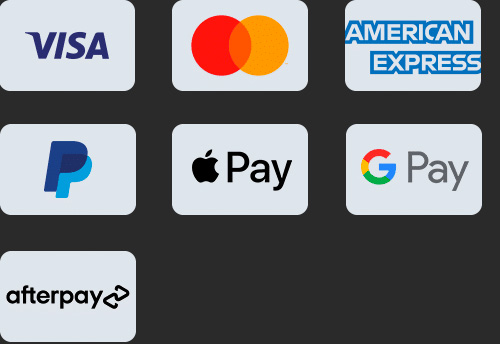
Sleep is a critical component to a healthy body and mind, and there is a specific pattern to what we consider a good night’s sleep. Issues such as sleep apnea and snoring compromise the natural sleep cycles we depend upon and this is why it is so important to find snoring solutions that work. Other effects of stimulants on sleep are alcohol and caffeine.
There are other things that impact on how we sleep and how our own individual sleep patterns play out. Some of those that have the biggest impact include the use of stimulants such as caffeine and depressants such as alcohol. These both alter the natural chemical processes that take place in the bloodstream and in the brain, and the consequence is a substandard sleep experience. These are considered major effects of stimulants on sleep.
What are Normal Sleep Patterns?
Normal sleep occurs in specific cycles, which are sequential and then occur in reverse. A healthy night’s sleep will experience four or five full sleep cycles:
- Stage 1 – Light sleep; one is drifting and easily awakened.
- Stage 2 – Slightly deeper sleep with slower brain waves, no eye movement. The heart rate slows down and the body temperature drops a degree or two.
- Stage 3 – Deep sleep. Very slow brain waves are interspersed with small, fast waves. This is the sleep stage where some people can experience sleepwalking, night terrors, bedwetting, and sleep-talking.
- Stage 4 – The deepest level of sleep. This is physically and mentally the most restorative stage.
- REM – Rapid eye movement sleep which is when we dream. The brain waves are very active and mimic the conscious state.
The Effect of Stimulants on Sleep Cycles
Stimulants like caffeine alter the brain’s chemistry so that we feel more alert. The heart beats faster and the body’s temperature rises. The complex regulation of sleep and wakefulness is interrupted by caffeine, and the sleep cycles can be compromised. We have trouble both falling asleep and staying asleep.
Yet it’s not all bad news – if you don’t drink caffeine later in the day, and it is out of your system by the time you settle down for the night, its moderate daytime benefits can actually translate to a better night’s sleep. This can mean a healthier brain and a better night’s sleep. It’s a complex scientific recipe, but the thing to be aware of is to avoid caffeine from mid-afternoon so that the quantity of night-time Stage 3 and Stage 4 sleep and REM sleep are not diminished.
The Effect of Alcohol on Sleep Cycles
Alcohol is a depressant. It dulls the brain’s activity, making it easier to fall asleep initially. For this reason, many people believe alcohol is a sleep aid. This couldn’t be further from the truth. Quality of sleep is undermined by alcohol consumption. More than a drink or two before sleeping increases insomnia and wakefulness during the night as it has an arousal effect as it is metabolised. It also worsens the symptoms of sleep apnea and snoring, causing sleep disruption.
How Can Anti-Snoring Devices Help?
Alcohol consumption makes sleep apnea worse. It relaxes the muscles in the mouth and throat, narrowing the airways and interrupting natural breathing cycles. It also decreases your body’s natural drive to breathe. This will cause you to wake up.
Alcohol has been scientifically proven to cause sleep apnea in people who ordinarily don’t suffer from it – and in those who do have it, it becomes much worse. This can be very harmful and even fatal.
ApneaRX – Anti-Snoring Device
ApneaRX provides an innovative, comfortable mouth device to help alleviate snoring and sleep apnea symptoms, by altering the position of the bottom jaw as you sleep. You don’t even need to use a CPAP machine to mitigate mild to moderate symptoms of sleep apnea.
Many people snore without being aware of it, and many people with sleep apnea are unaware they have the condition. Even if you have not been diagnosed with sleep apnea, don’t take any chances. Avoid stimulants and alcohol in the hours before bedtime, and use the best stop snoring devices available from ApneaRX to enjoy a more restful, safer night’s sleep.
Contact us today and browse our website to know more about snoring solutions and a better sleep experience.


